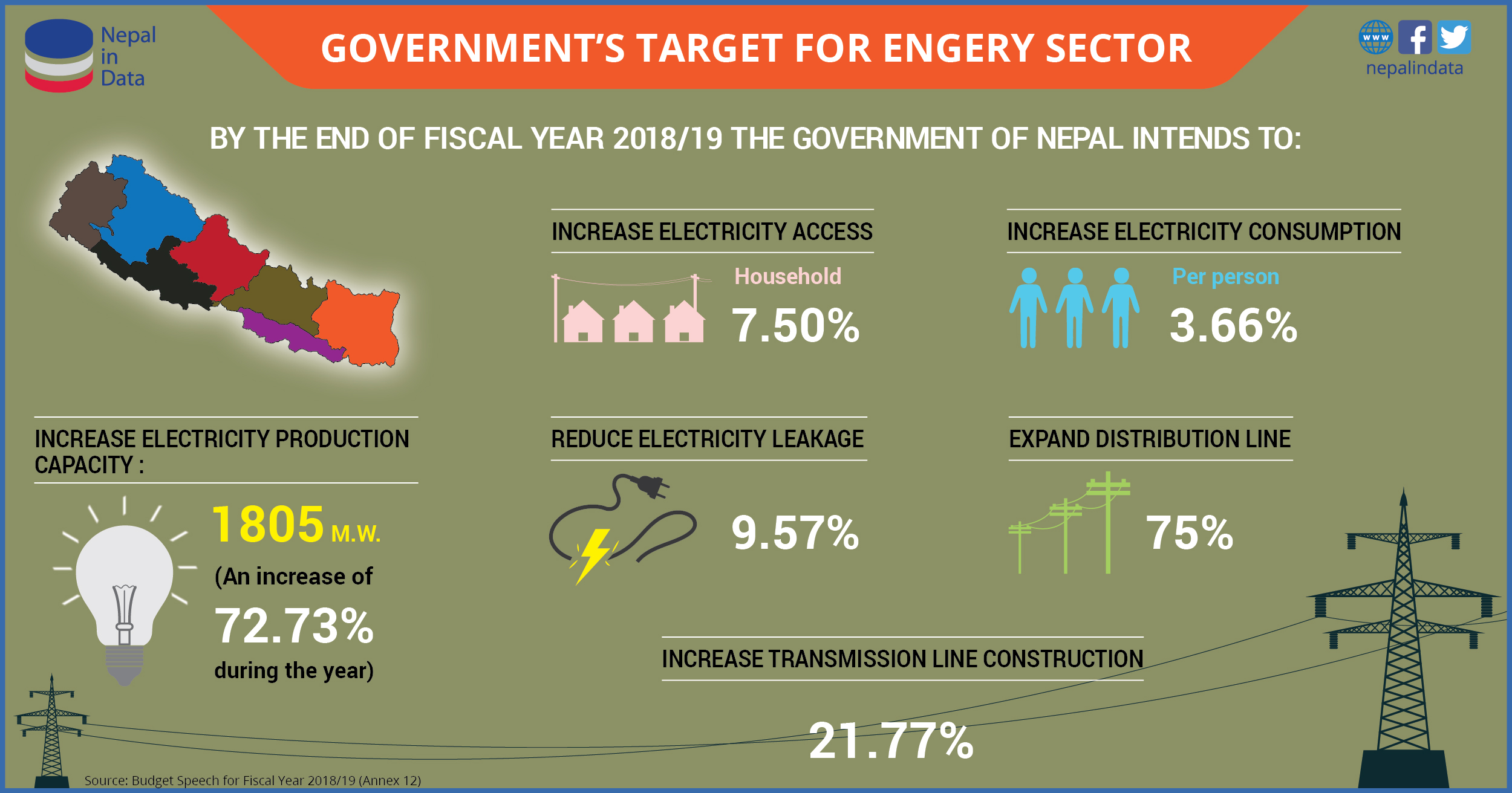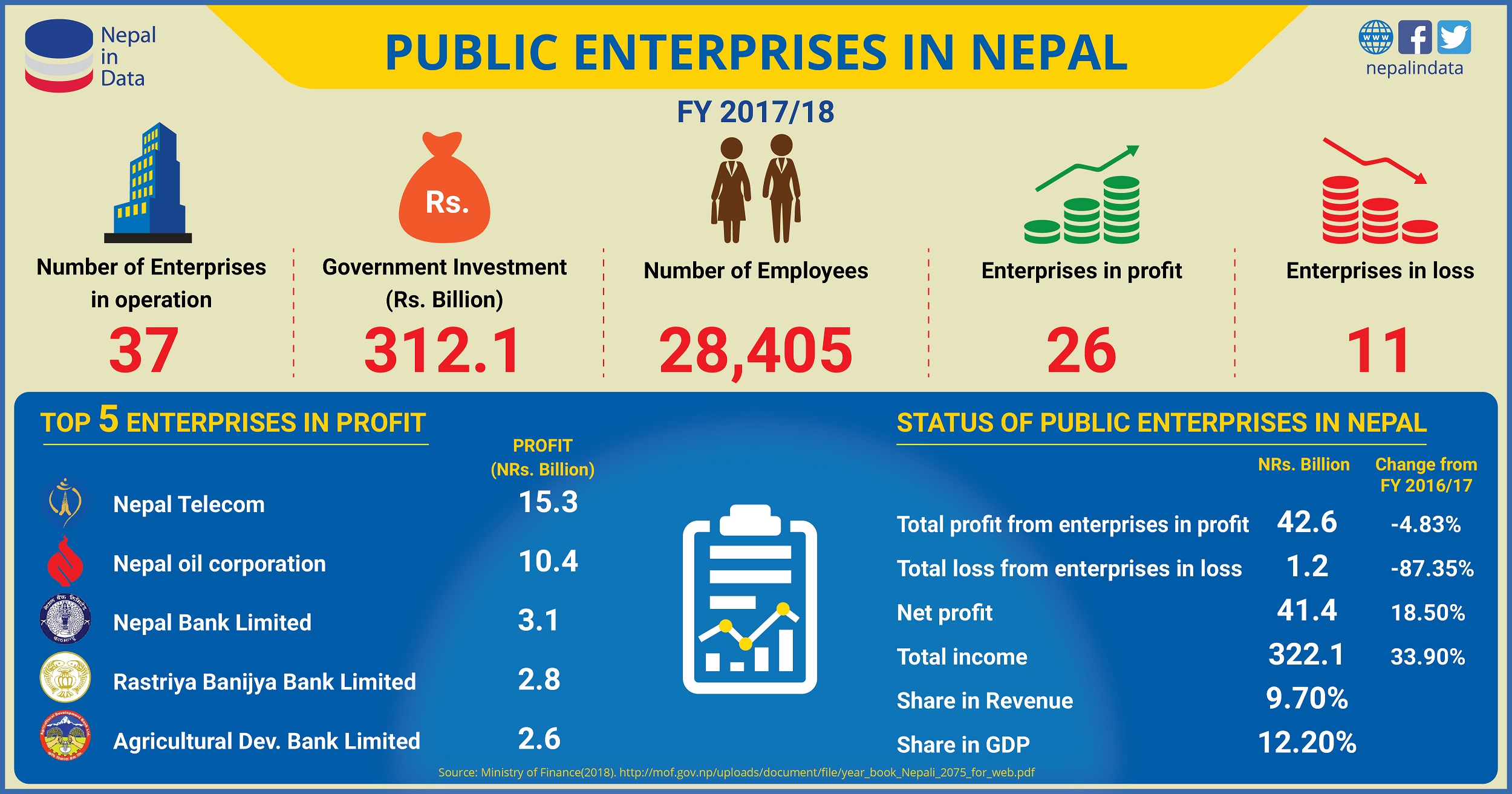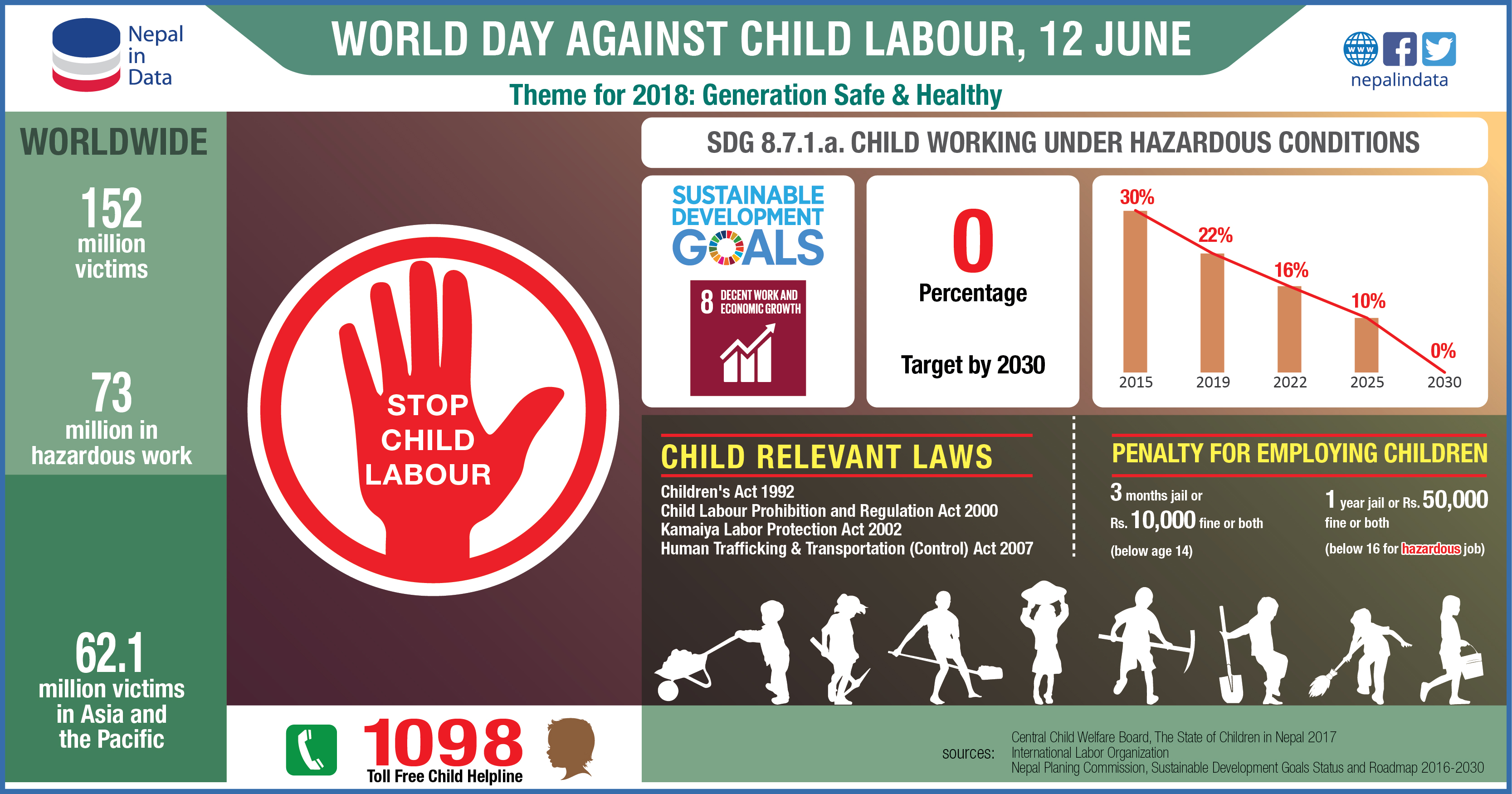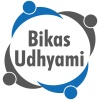SOCIAL ENTREPRENEURSHIP BLOG SERIES ISSUE NO. 15: BIKAS UDHYAMI: DOING DEVELOPMENT DIFFERENTLY
In the development sector, we tend to hear mainly about the stories of well-established organizations, but not that often of newer organizations that are led by young people trying to break away from conventional approaches in order to promote innovation in the way development is done in Nepal. Bikas Udhyami (in English “Development Entrepreneurs”) is such a new organization. It is comprised of a team of young Nepali professionals, who combine social innovation with social entrepreneurship to develop practical solutions that help address some of Nepal’s pressing development challenges. For our last blog in our social entrepreneurship series, we wanted to tell our own story and what led us to establish our organization to encourage and inspire other young people to work on social innovation and to become social entrepreneurs. Hence, we sat down with Santosh Gartaula, the CEO and Co-founder and Tirza Theunissen, Co-Founder to learn more about Bikas Udhyami’s journey.
You both have worked in development for many years. What were your personal motivations to choose this line of work?
Santosh: I grew up in the SOS Children’s Village Itahari, an organization dedicated to the welfare of the parentless and abandoned children. I have seen and experienced patterns and stages of life as I started my early childhood begging in the streets. Society has taught me, and its members who supported me, to be at this juncture of life – and as a result giving back to society and its members is core to my thinking process. My academic degree in development studies from Kathmandu University and economics from Jawaharlal Nehru University helped me to understand the logical process of development of human civilization and fostered my imagination of a better place where peace, justice and harmony prevail. After my Master degree from Delhi, I worked as an enumerator for a Canadian PhD scholar for six months, later at the Institute for Integrated Development Studies as an Economist. In 2015, I started working at The Asia Foundation as a Program Officer. I learned about development dynamics, needs of different people and development planning processes.
Tirza: In my case, I have always been aggrieved by social injustice in the world and I have been passionate to find ways to address this. Being half-Asian but growing up in Europe, I have naturally always been drawn to this part of the world. After my Master’s in Law and my LLM in Human Rights, I worked in Bangladesh for five years including three years with UNICEF focusing on strengthening laws to protect children and supporting children in detention and on improving the situation of Rohingya refugee children in the refugee camps in the south. This experience has really shaped my outlook on life, because I used to regularly work in slums, prisons, social homes and refugee camps and hence have witnessed people in the most basic living circumstances imaginable. The resilience and kindness that people showed despite possessing almost nothing has been a very humbling experience and has always stuck with me. After Bangladesh, I moved to Mongolia where I worked for The Asia Foundation and had the chance to develop a large urban governance program, as well as various other programs, which directly addressed the needs of the poorest. Development in Mongolia is very dynamic and fast paced and there was a lot of space for creativity and exploring new ideas. It was great to work in such an environment as I have a new idea every day and I am a person who likes to immediately put ideas into action. It has always been a dream for me to work in Nepal, a country where my husband has family. When the opportunity came we jumped at it and have been here now for over 2 and a half years. I don’t really see the work that I do in Nepal or have done in other places a as a being part of a specific career. It is something I care and have always been passionate about.
What led you to establish Bikas Udhyami and what does it seek to achieve?
Santosh: We established Bikas Udhyami as a social innovation hub in 2016 for young people to contribute to Nepal’s development through innovative and smart solutions. However, after working in development for some time, both of us found that it was difficult for young Nepali to make their voices heard and get their innovative ideas implemented. Nepal can be at times quite a hierarchical society and there is a tendency towards top-down management. There are many young people who want to support our country, but it is difficult to find an entry-point in an organization. There are few internships and jobs available and you need to have connections in many cases to get in. We wanted to change that dynamic and show that young people are capable to come up with their own ideas and implement these successfully. We used to work together as colleagues and discuss over lunch our common dream to establish our own organization and to develop our own ideas. At one point, we were both free so we decided to team up and go for it.



Tirza: In establishing Bikas Udhyami, we also felt quite strongly about trying out a different development model that is entrepreneurial and self-sustaining in nature rather than the more classic model which depends on funding for specific projects. Given the complexity of many of the challenges and the rapidly changing context, problems do not lend themselves easily to projectization. Possible solutions only emerge over time rather than at the outset of a project. In addition, we felt that in a traditional project dependent model, most organizations are funded to implement with little room to introduce new thinking or innovative activities. While in certain areas this may be needed and works, we found that in many cases important opportunities are lost and when a program ends, the activities are not sustained.
In our model, we focus, with few exceptions, on developing and on working on our own ideas instead of implementing those of others. When we started, we did not have any specific thematic focus. Instead there were various social issues that we cared about and we started by exploring those and conducting research to better understand their nature and possible innovations that could contribute to addressing some of these issues. Once we have an idea that we believe in, we work on developing it and subsequently keep refining and expanding it using our own investment. Over time, this is how our areas of work have emerged and now we work in data and statistics; higher education; entrepreneurship and youth leadership for which we employ a team of 22 young Nepali professionals.
We were very clear from the beginning that we must be self-sustaining. Our core business model is therefore based on working towards becoming a self-sustaining social business by providing services under our various initiatives and by reinvesting the funds generated through these services into new or ongoing initiatives that are helping the common good. Still, we are not yet self-sustaining, but we are making good progress.

A key focus of the work that Bikas Udhyami is doing is around technology, data and information. How did this focus emerge?
Tirza: We were keen not to duplicate the work of others and quite quickly it became apparent that technology provided ways to innovate as it is still very much underused to leapfrog development in Nepal. We also recognized the power of information to empower people and help them in very practical ways in their lives, be it to prepare for their studies or to set up a business. We saw the potential of social media to act as a platform and as a tool for development allowing us to reach a much wider audience on a daily basis than in most traditional development interventions. Across all our initiatives, we now focus on leveraging technology, data, information and social media as tools to empower people in their respective areas of work and in their lives.



Differently from many other organizations you choose to work with government? What led you to make this choice?
Santosh: A key element of our approach is that we focus on working in partnership with government for all our products and initiatives in order to support national systems and to facilitate scale-up. We believe that rather than complaining about things that are not being done, it is more useful to support government in doing things. Hence, in all our initiatives, we try to involve government in one way or the other, by seeking their advice and regularly consulting with them. This way of working is very much appreciated, because surprisingly government does not get consulted in many instances and people can see that we are serious and actually deliver on promises made in ways that help them in their work. We now work or have worked formally and informally with various organizations including the National Planning Commission, the Central Bureau of Statistics, the National Youth Council, the Ministry of Agriculture and so on.
One of the areas that Bikas Udhyami works on is data and statistics through its Nepal in Data initiative. What led you to establish this initiative and what does it do? Santosh: Nepal in Data was our first initiative and the one that we were most clear about from the outset. As a student, I noticed how difficult it was to get data and statistics about Nepal. There was not a single place where you could find data and instead you would have to visit many different websites and places. Most of the information on the websites was outdated and in PDF format, making it difficult to use. To get the data, you would have to visit many different government offices, which was time consuming. However, I did do this and over time built up a big personal repository of data. I always thought of one day of creating a portal where the data would be freely accessible to anyone interested in better understanding Nepal’s development progress. It is only if we look at data and statistics, that we can fully grasp the political, economic and social development context of Nepal. This is how the www.nepalindata.com started.
We launched the portal in January 2017 and now almost one year later, we have grown into a much larger initiative than just the portal. We share daily data related
news through social media, develop daily infographics to increase the understanding of data, conduct trainings on Excel, Stata and SPSS, and provide guidance and support on data to various organizations seeking to develop data management systems and websites. It can be used by those that want to collect or analyze data and others that want to visualize data. We still continue to work on improving our portal adding new features such as a data calendar, resources tab and soon a geo-profile page with provincial and municipal data.
How do you assess the current level of data literacy and use of data in Nepal?
Santosh:I think that there is still a long way to go. People are slowly getting excited about data and statistics. We try to make data more understandable and exciting for people by developing on a daily basis infographs that try to explain data and statistics on key issues in an easy to understand and exciting way. We also share data related news through our social media accounts so that people start seeing what is going on in Nepal more from a development and data perspective. Furthermore, we also conduct outreach among young people by visiting colleges and organizing engaging events like Nepal In Data Evening: Connecting Nepal’s Development Dots that was held on November 13 for which we partnered with the world renowned Gapminder Foundation. As part of Gapminder’s guest lecture, they presented various misconceptions about the world in a very fun and engaging way using polling devices to seek people’s views before explaining the misconceptions. They also showed how people with different incomes live around the world based on their dollar street initiative, and
and they used the polling devices to test people’s preconceived ideas. Such types of events are very effective in getting people excited about data. We still meet many new people who attended the evening and who said they started to follow us afterwards. Now, we want to make more young people outside Kathmandu excited about data and statistics.

Another area that you work in is Higher Education through your Padhna Jane initiative. There are more than 1,400 higher education institutions in Nepal and many students are going abroad for higher education. What do you seek to achieve with this initiative?
Tirza: We established the Padhna Jane initiative (www.padhnajane.com) to support students to make informed decisions about their studies in Nepal and abroad. We found that there were no real platforms that provided students with quality information and helpful tips about studying in Nepal or going abroad for free. Instead students would have to contact colleges on their own or rely on expensive educational consultancies to help them prepare to go abroad. Hence, through our platform, we have sought to address this by connecting young Nepali with diverse higher education opportunities.
The platform facilitates the ease of applying for higher-education and scholarships
in Nepal and abroad. Furthermore, the platform also better prepares them for student life and promotes their safety and well-being, and it prepares them for work after graduation.
Apart from the platform, Padhna Jane initiative has been organizing ENGAGE College Tours at various Nepali universities and colleges to increase students’ awareness about its initiatives and how it can help in planning their higher education in Nepal and abroad. In the last six months, we reached over 700 students with these tours.
We also conduct various Professional Development Workshops (“Skills Labs”) for a wide student audience including topics like improving resumes, acing interviews, public speaking, research and report writing, etc. These skills labs are very much needed because many students do not get taught such skills in a proper, professional way in college. We meet many students who cannot use power point and don’t know how to use excel. Hence such skills labs are very much needed and having done several of these now in Kathmandu we are keen to go outside and teach students.
One of the key challenges in Nepal is the lack of employment opportunities for young people. You are launching soon a new initiative called Udhyami Nepal. How does this initiative help young people in Nepal?
Tirza: Udhyami Nepal aims to support aspiring entrepreneurs to start as well as existing ones to manage and grow their business. In Nepal, many people start a business without much planning and without having the relevant knowledge and information to run their business. As a result, many businesses collapse over time as they cannot attract sufficient customers and ensure a steady supply chain.

The www.udhyaminepal.com platform provides users as well as its followers on social media across Nepal with relevant, high quality information in easy to understand Nepali regarding the various aspects of the business process including business plan development, rules and regulations, management, financing etc. thereby serving as a one-stop business guide. he platform connects those who want to become an entrepreneur to
entrepreneurship support services and networks and existing businesses to potential customers.
In addition, the platform aims to increase employment opportunities for unemployed and underemployed skilled workers such as electricians, plumbers and gardeners by connecting them directly to home service seekers in Kathmandu Valley and vice-versa. The Government of Nepal invests a large sum of money into skills development and quite a significant number of people graduate from skills training institutions every year. At the same time, many people leave their country every day to go for foreign employment. On the other hand, when a homeowner needs to repair a broken electrical circuit or install a new hot water heater, they often have to find service providers through family and friends and hunt for a local shop that offers these services. There is a lack of a centralized system in Nepal where one can access contact information of un/under employed-skilled graduates. The Udhyami Nepal platform aims to address this issue as well as to connect un- and underemployed skilled workers to skills development opportunities.
Another key challenge in Nepal seems the lack of leadership. Are you optimistic that young people can make a difference and what is Bikas Udhyami doing to contribute to that?
Santosh: We are optimistic that young people can make a difference and this is why we established Bikas Udhyami. We firmly believe that in order to achieve change you should not wait for others, but you should start with what you can do yourself and what you can do for society. In today’s world, there is a lot of focus on the individual, but if you only invest in yourself society will not benefit and nothing will change. It is important in life to try to help other people and to contribute to a social cause in society.
Tirza: Bikas Udhyami is trying to encourage social activism among young people. As part of our Catalyst initiative, we run a social changemakers blog (www.bikasudhyami.com.np/index.php/blogs) in which we feature stories of young Nepali who are making a different in different spheres of society. We hope that the journey of these persons and their insights will inspire others to follow in their footsteps. In addition, through our social media pages, we also share tips about leadership and opportunities in Nepal to strengthen leadership and other important skills.
Furthermore, we have been running a social entrepreneurship blog series in which we feature 14 young social entrepreneurs who are changing the way business is done in Nepal. We wanted to create a platform in order for more of their stories to be shared with the outside world. We strongly feel that social entrepreneurship is the way forward for Nepal and that we need more businesses that are oriented towards achieving social impact.
We have completed the first series and are turning this into an e-publication that we will be launching soon. We plan on continuing this series as there are so many more stories to cover!
What have been key factors of your success for far?
Tirza: Definitely our team of dedicated young professionals who are the heart and soul of Bikas Udhyami. Through our team’s dedication and hard work, we have been able to launch 4 initiatives in less than 2 years as well carry out a myriad of activities. We have various loyal staff who have been with us from the very beginning as well as many others who have joined later but have been with us since. They are very talented individuals and bring a wide range of different experiences to us as an organization. We attach great importance to strong work ethics, pro-activeness and commitment, because we work at a high pace and there is a lot to do. We try to have a relatively flat office structure and let people take things forward with support from us when needed. Both of us have busy schedules so we cannot always as much time in individual persons, but we trust our staff to take things forward and try our best to be supportive. It is great to see people taking a sense of pride in their work and work hard to take the initiative they work on to greater heights.Another factor is probably an emphasis on quality and reliability. We do not just do things for the sake of doing but we try to do them well and consistently. Hence, a lot of time and investment is spent on preparations and on working to improve our work. All of our initiatives were based on several months of research and development and in some cases more than that before we launched them.

What has been the impact of your initiatives?
Santosh: As all our initiatives are have a strong digital component, impact is not as easy to ascertain as, for example, building a school but this does not mean they are less impactful. In the case of Nepal in Data, definitely more people are now able to easily access data and statistics on Nepal and more people are gaining interest in data. We can see this from the user statistics of our portal which has been visited by more than 67,000 visitors in one year and from the comments we get via facebook and twitter accounts which are steadily growing and when we meet people at our events and trainings. In the case of Padhna Jane, through skills labs we have enhanced the skills of more than 1,000 young people. Our Udhyami Nepal initiative is launching this month, so it is too early to tell, but our facebook page has already more than 24,000 followers and the comments we get on the articles we post are very positive and appreciative. Regarding the Catalyst, we are now developing this into a full-fledged leadership initiative so we cannot yet talk about impact.



What message would you like to give to young people in Nepal?
Santosh: First, of all, if you have an idea or feel passionate about doing good, pursue it! While the journey to realize your idea may not be easy, there is only one way to find out which is by trying and by being persistent. Growing up in SOS Children’s Village Itahari, I could not have become the person that I am today without drive and passion for my work. My personal circumstances have shaped me. I learned the core values of life from an early age. However, my perseverance and constant effort to contribute my best to society has made me successful. When we started talking about Bikas Udhyami, many people did not believe we would actually do it or that we would be able to make it a success. However, we never stopped believing in ourselves, and just did it. Now we have a great team in place and many people who are supportive of our efforts.
Tirza: Another key message that we have for young people is the importance to be prepared to work hard and remain humble. It is critical at the beginning to get work experience and to be open to do various practical tasks and learn from those. We meet many young people who want to become a manager straight away after graduating, which is not necessarily a good thing because you won’t be able to relate to the tasks of the people you supervise. I used to distribute newspapers when I was young and when I became 16 used to work during school holidays cleaning offices of large companies. When I was a student at university, I worked for a call center selling insurances and later for a legal service provider. It was only much later that I entered a management position and even when I did, I still worked with my staff to carry out routine tasks instead of delegating everything. It is important not to let things get to your head and develop an ego or attitude, because in the long run that will backfire. If you work hard, remain humble and try to be supportive towards others, good things will come your way for sure!
For more information visit: www.bikasudhyami.com
